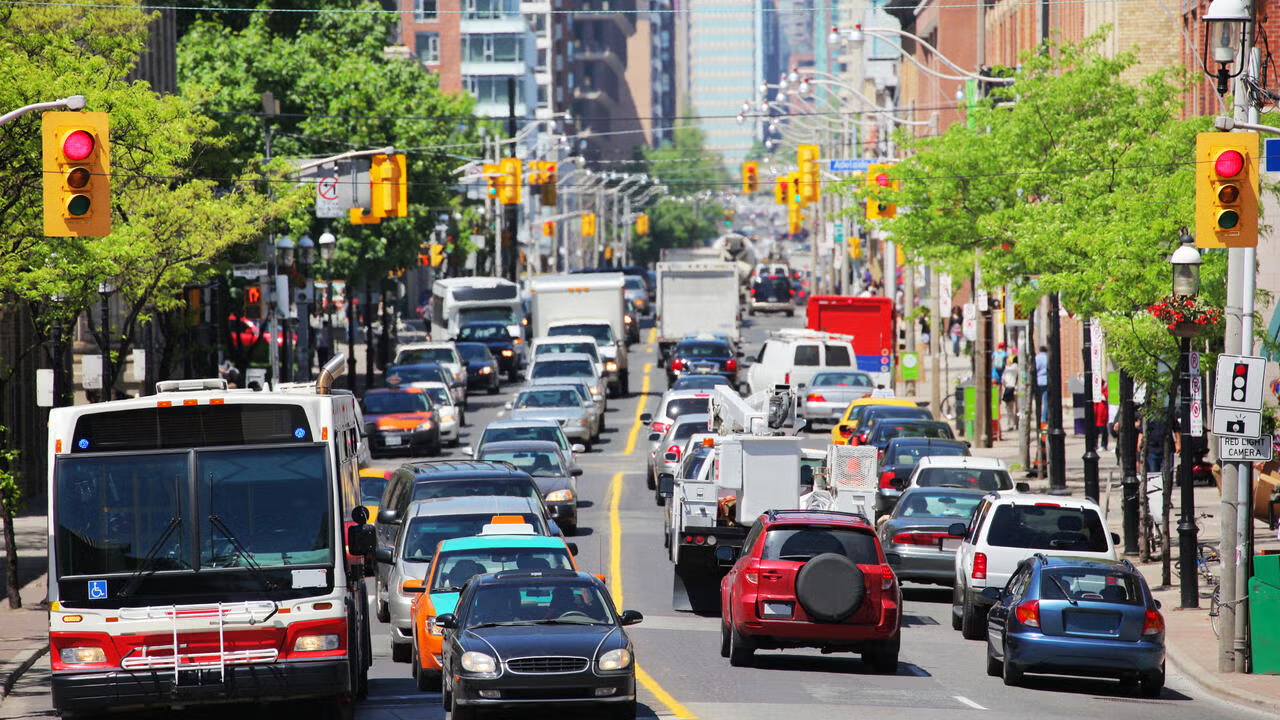
Changes to Toronto’s public transit system would eliminate barriers, retain riders
A reassessment of Toronto’s travel networks is needed to improve transit equity

A reassessment of Toronto’s travel networks is needed to improve transit equity
By Media RelationsPeople who rely on public transit in Toronto will eventually have to choose different means of transportation if they can afford it or risk isolation unless the current system improves, a new study found.
The research from the University of Waterloo indicates that a lack of attention to core riders— meaning those dependent on public transportation—further marginalizes and creates mobility barriers that impede participation in public life.
Making public transit a viable option for vulnerable users aligns with the United Nation’s Sustainable Development Goals of building resilient communities that are environmentally stable and progressively working toward reducing inequalities in marginalized populations.
Khairunnabila Prayitno, a PhD candidate at the University of Waterloo and Markus Moos, a professor in the School of Planning at Waterloo, examined transit use by core users in Toronto to determine the issues they face.
“Core public transportation users are usually those of lower income and often people from equity deserving populations who have no other option but to use public transportation,” said Prayitno. “Because of transit marketing, public transportation services are tailored to choice riders, that is, people who have another option for transportation.”
The study identified key issues core users face on public transportation, such as poor integration with travel networks, wait times, costs, safety concerns, lack of comfort and transit services failing to meet their needs.
“Based on the experiences documented, we suspect that most if not all study participants would eventually move or switch away from public transit if income permits,” Prayitno said. “This is due to shortcomings of the transit system given their travel needs.”
When riders are lost from transit systems, it adds more cars on roads, contributing further to congestion and carbon emissions, counter to Sustainable Development Goals, the authors explain.
To improve transit equity in Toronto and increase ridership, the researchers recommend a reassessment of travel networks to connect homes of core riders better with the rest of the city. This move includes incorporating an equitable, fair pricing framework based on ability to pay, improved accessibility and safety measures within and around transit stops, and evaluation of the quality of transit service for all members of the public.
The study appears in the Canadian Planning and Policy journal.

(GettyImages/ Rosella De Berti)
Read more
Study reveals changes International Olympic and Paralympic Committees could implement to keep Games viable and safer for athletes

Read more
An ambitious research collaboration with Habitat for Humanity is reimagining home ownership across Waterloo Region and Canada

Read more
Here are the people and events behind some of this year’s most compelling Waterloo stories
The University of Waterloo acknowledges that much of our work takes place on the traditional territory of the Neutral, Anishinaabeg, and Haudenosaunee peoples. Our main campus is situated on the Haldimand Tract, the land granted to the Six Nations that includes six miles on each side of the Grand River. Our active work toward reconciliation takes place across our campuses through research, learning, teaching, and community building, and is co-ordinated within the Office of Indigenous Relations.